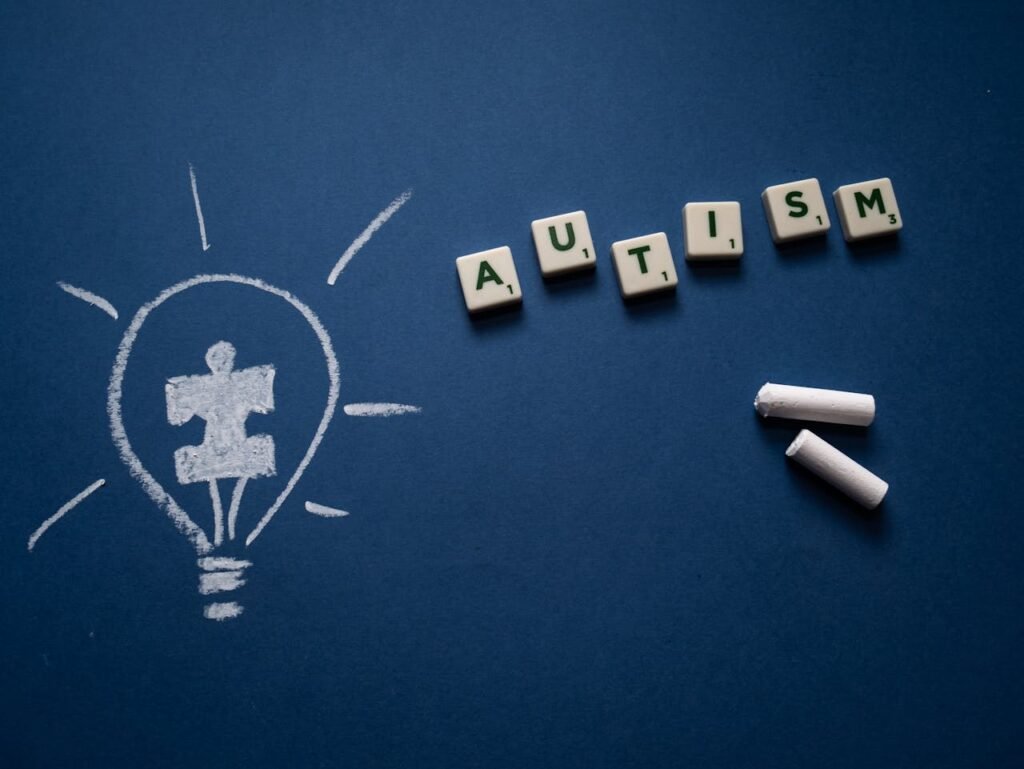Early Regression in autism spectrum disorders (ASD)
Regression refers to the reversal or pause in a child’s developmental progress. For an autistic child this means that a set of skills acquired overtime might be suddenly lost and need to be taught all over again. In many cases, the onset of ASD is marked by a regression in skills learnt during development. The most common areas of autistic regression are language and social skills.
Some signs of regression are
-Loss of words/phrases that were already learnt
-Not able to comprehend communications from others
-Reduced eye contact
-Poor social response
-Hyperactive behavior
-Impulsivity
-Loss of skills of self-feeding and toileting
Precipitating event: Sometimes there is a precipitating event that leads to regression, such as physical illness or any psychosocial event such as birth of a sibling, relocating to another place, absence of a parent, etc.
Early regression usually occurs between 2-3 yrs of age. Regression can be rapid or slow. Once regression occurs, the skill development really slows down. Before the signs of regressive autism, general developmental delays may also be observed.
Early detection and intervention are crucial in regressive autism.

